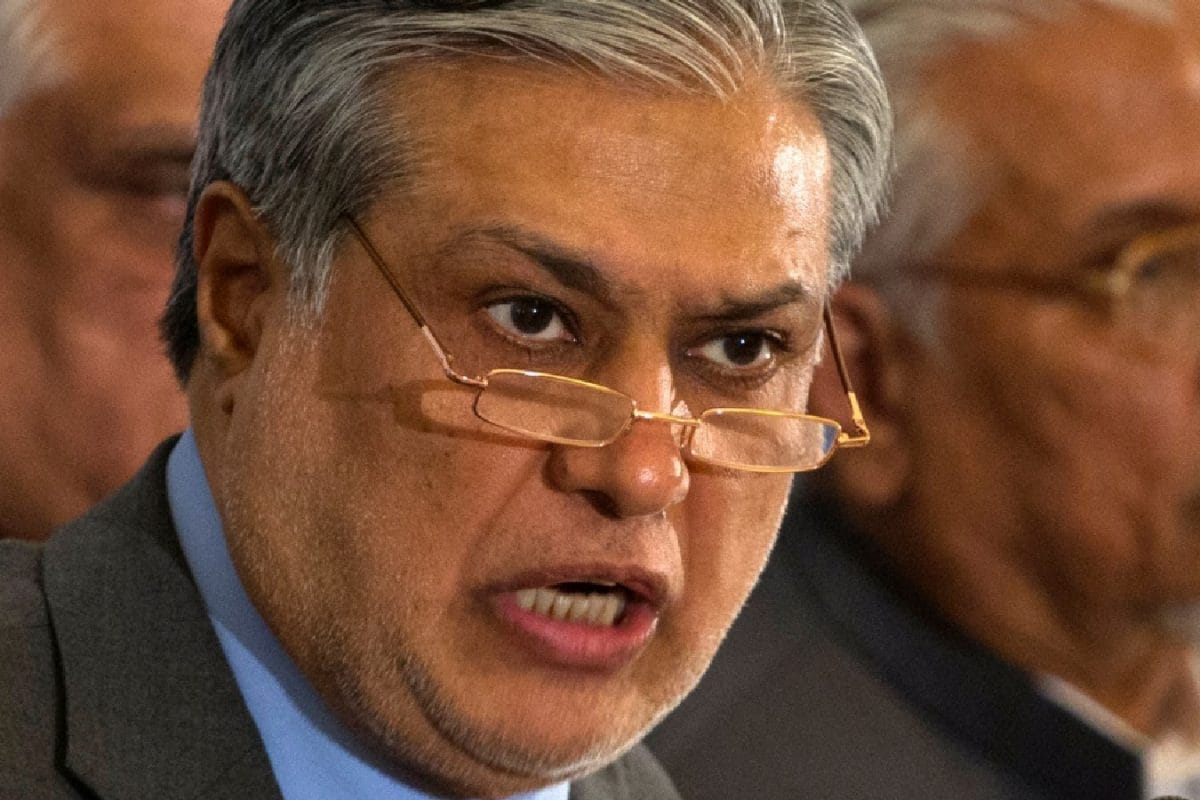

In the wake of heightened tensions between India and Pakistan, the Indian government has responded sharply to recent remarks made by Pakistan's Foreign Minister Ishaq Dar regarding the conflict and its aftermath. Dar's claims of victory and assertions about India's miscalculations have been met with strong condemnation from New Delhi, which has dismissed them as a familiar tactic of denial and deflection.
The Ministry of External Affairs (MEA) has characterized Pakistan's claims of victory as an "old habit," reminiscent of past instances where Pakistan has attempted to portray itself as the victor despite facing setbacks. An MEA spokesperson stated, "They did the same in 1971, 1975, and the 1999 Kargil War," highlighting a historical pattern of Pakistan claiming victory in the face of defeat. The spokesperson further added, "Dhol bajane ka Pakistan ka purana ravaiyya hai. Parast ho jaye lekin dhol bajao (It's their old habit to claim victory, get defeated but still claim you won)".
The recent tensions between the two countries were triggered by a deadly terror attack in Pahalgam on April 22, which resulted in the deaths of several Indian tourists. India has accused Pakistan of supporting the perpetrators of the attack, leading to a series of diplomatic and military actions. India suspended the Indus Waters Treaty, closed the Attari border crossing, and reduced the number of diplomatic staff in both countries' High Commissions.
Following the Pahalgam attack, India launched what it called "precision strikes" on terrorist infrastructure inside Pakistan. Pakistan, on the other hand, claimed that it had intercepted most of the missiles fired by India and that its retaliatory strikes were underway. These claims and counterclaims escalated the tensions, leading to international concern and calls for de-escalation.
Amidst the escalating tensions, Pakistan's Foreign Minister Ishaq Dar engaged in diplomatic outreach, speaking with his counterparts in Russia and Malaysia. He rejected India's "baseless allegations and inflammatory rhetoric" against Pakistan and condemned India's decision to suspend the Indus Waters Treaty. Dar also raised concerns over the water dispute, warning that India's reported decision to block flows from the Chenab River could be seen as an "act of war" if not reversed.
India has firmly denied any intention of escalating the conflict to a nuclear level. The MEA spokesperson dismissed concerns over a possible nuclear threat, stating that the military action was entirely in the conventional domain and that Pakistan's Finance Minister had denied any nuclear angle. India has also reiterated its commitment to fighting terrorism and has asserted that it will not give in to nuclear blackmail or allow cross-border terrorism.
Despite the heightened tensions and the exchange of strikes, both India and Pakistan agreed to a ceasefire on May 10, following diplomatic efforts led by the United States. The ceasefire came into effect after several days of intense fighting, which had resulted in casualties and damage to infrastructure on both sides. While the situation along the border remains largely calm, India has urged Pakistan to get used to the "new normal" and has stated that the Indus Waters Treaty will remain suspended until Pakistan credibly and irrevocably stops its support for cross-border terrorism.